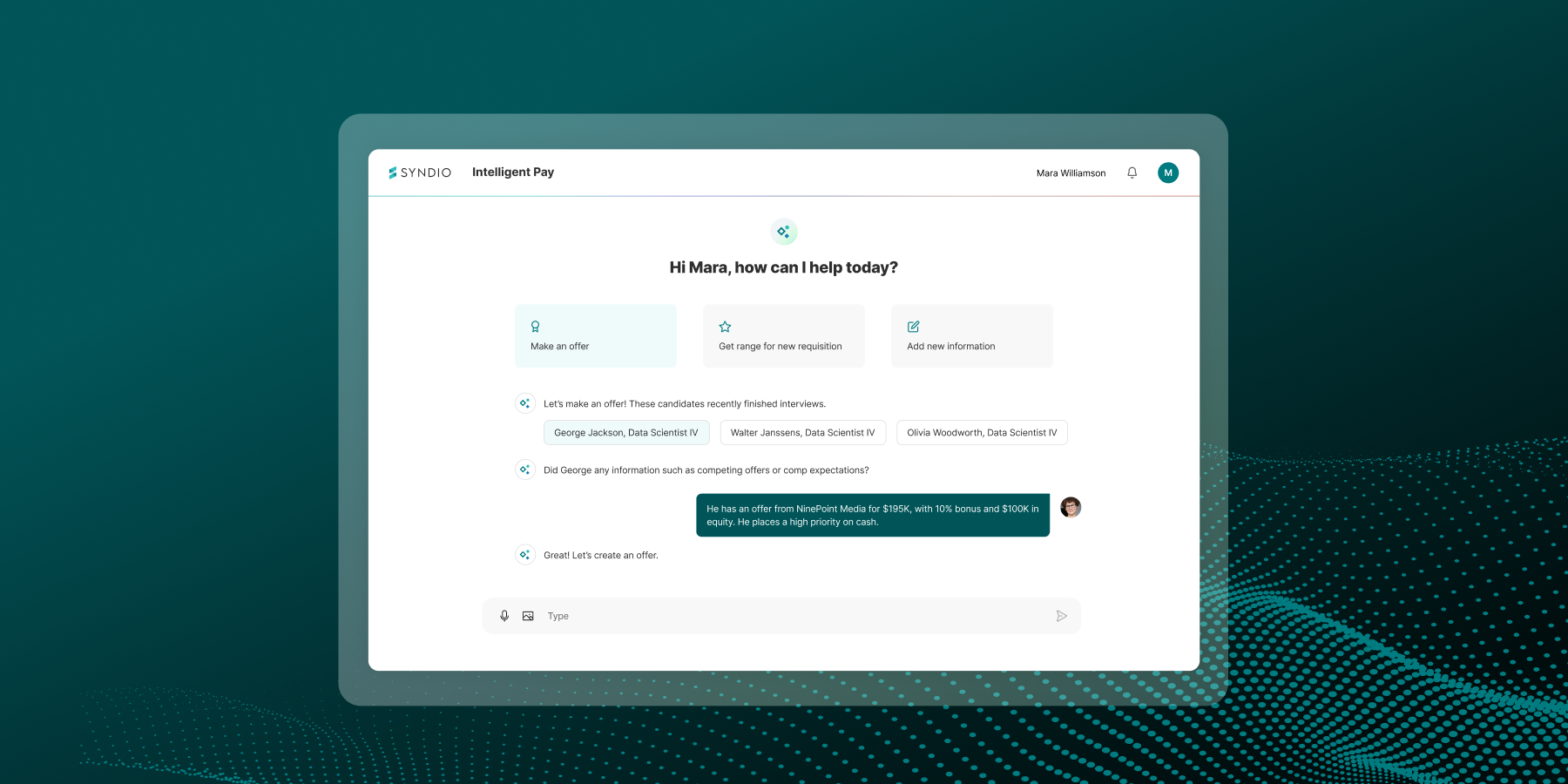For the third episode of the Fairness at Work webinar series, Craig Sawyer, Director of the Institute for Diversity and Inclusion Education at George Mason University, and Lisen Stromberg, CEO and Founder of PrismWork, joined Syndio CEO Maria Colacurcio to talk about the impact of COVID-19 on pay equity, and how we can prevent the erosion of hard-won progress towards fairness.
Some stars are branded that way as a function of stereotypes of the value of what they’re doing and what that brings to the broader organization. It’s subjectively driven. The exceptions drive disparities.
— Craig Sawyer
A major driver of pay inequities has always been that exceptions are made for raises, stretch projects and promotions for a few “stars” — who often end up being white and male.
Companies can find innovative ways to recognize skills and accomplishments that are often overlooked. Maria and Craig discussed how Starbucks developed a program to give credit to veterans for skills developed during their service, which raised the question: why not recognize the skills that mothers build when they’ve taken time away from the workforce?
Make darn sure that you’re communicating and transparent. Be authentic about it. Don’t think it’s one and done, because you have to constantly overcome the meta-narrative.
— Lisen Stromberg
Transparency is key to ensure employees feel valued at work. Lisen noted that in her own research, 40% of women thought they were unfairly paid, simply because of lack of communication about workplace fairness. Craig emphasized the importance of using data to support decisions, which can be used to back up the messages you share to your teams.
Communication is also a powerful driver for accountability. Publicly sharing the results of your equity analyses, even if you haven’t achieved all of your diversity goals, can ensure leaders continue to strive for workplace fairness.
When survival is priority one, do you want to let equity fall by the wayside?
— Maria Colacurcio
Companies are dealing with never before seen challenges as a result of COVID, and they’ve been forced to try new solutions. As Lisen pointed out, many managers thought employees couldn’t be productive at home, but they were wrong!
In order to avoid the erosion of years of progress in workplace equity, employers should prioritize equity by focusing on the results their employees deliver, not the number of hours they spend at their desk or how linear their path was to get to where they are.
To hear more of the discussion, watch the full episode here. You can check out other past webinars and register for upcoming webinars here.



